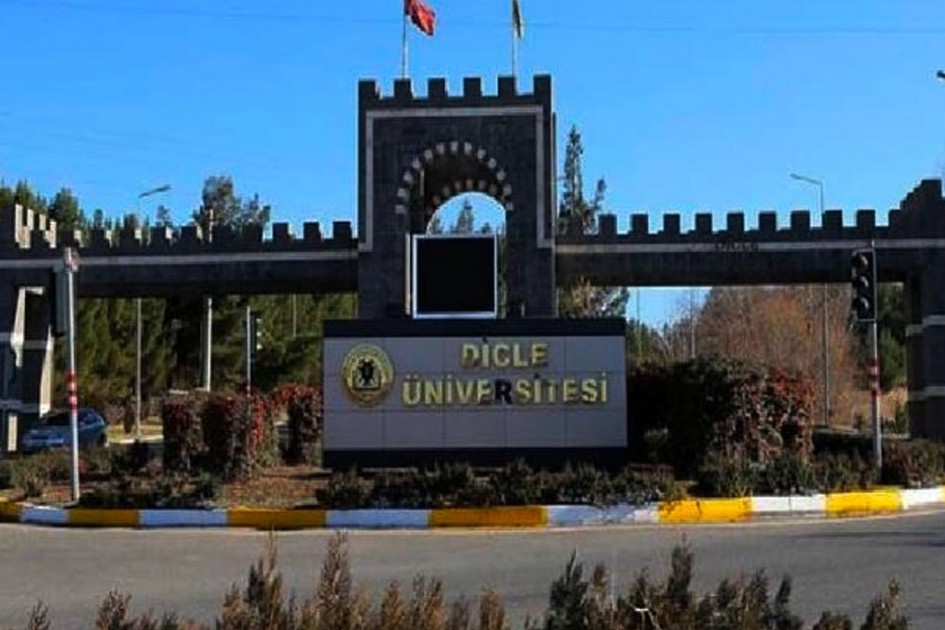“In doing their academic studies or sharing their opinions with their students in class, most of the academics in the field of Kurdish Studies try to foresee which opinions and notions will overstep the red lines of the state or might be penalized,” says the report.
İsmail Beşikçi Foundation has released a report titled "Violations of Academic Rights in the Field of Kurdish Studies in Turkey's Universities."
The report has shared the following observation: "In doing their academic studies or sharing their opinions with their students in class, most of the academics in the field of Kurdish Studies try to foresee which opinions and notions will overstep the red lines of the state or might be penalized."
The report has further stressed that one of the main problems concerning the academic freedom and freedom of expression in the field of Kurdish Studies is self-censorship. Indicating that self-censorship is quite widespread, the report has noted that the subjects and terms such as "North Kurdistan", "colony" and "anti-colonial" are still taboo and when they are addressed in academic works, it is usually met with various sanctions.
The report of the foundation has been prepared based on surveys conducted with the participation of 58 academics.
When the academics were first asked, "Do you think that you self-censor in your classes," 37 academics answered this question in the affirmative, which accounted for 63.79 percent of the participants.
Academics were also asked, "Do you think that you self-censor in your academic studies (thesis, article, book, etc.) regarding the issues of Kurd and Kurdistan?". 41 of 58 academics answered this question with "Yes".
53.45 percent of the participants indicated that their thesis advisors had recommended or warned them about certain concepts in their thesis on the grounds that they might cause a problem.
The report has noted that while Kurdish Studies have been accepted in Turkey's universities since the 1990s and Kurdish departments have started to open in the country as of 2019, there is still censorship and self-censorship in theses and academic publications in the field.
According to the report, censorship and self-censorship are especially frequent when writing and speaking, particularly about the concepts related to Kurds' history, geography, culture and language.
'The dominant element will be written'
The report has also shared the following account of an academic:
"...based on the yearbooks, archives and sources of the period as well as on the Ottoman Population book of Kemal Karpat, I wrote the elements living in the region, like there were this number of Kurds, that number of Armenians, Ezidis and so... A lecturer said, 'What Kurd? You cannot write Kurd!' And I responded, 'What am I supposed to write?'
"S/he said, 'You are supposed to write Turk.' I said, 'Then, should I temper with the document?' S/he answered, 'I am in the jury now, you cannot answer back. Whatever the necessary element, it will be written down!' 'Okay, should I temper with the document,' I asked. S/he said, 'Whatever the dominant element, it will be written down.'
"Then, I said, 'Okay, the dominant element might be Turks, there are different ethnic and religious groups living there. I am writing these based on the yearbooks, which are the official records of the state. Why is is so hard to accept this?' To be frank, s/he spoke in a provocative manner and I got angry. The other two lecturers tried to calm [me] down."
(RT/SD)

